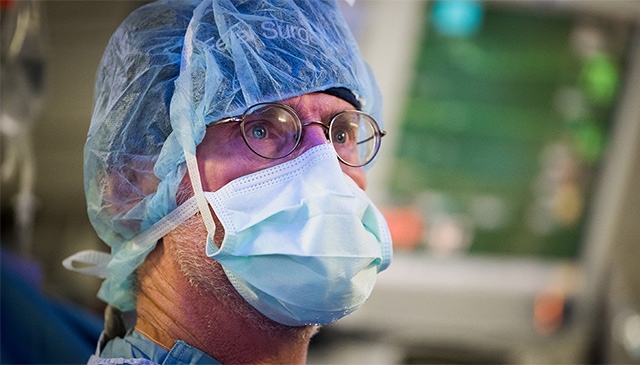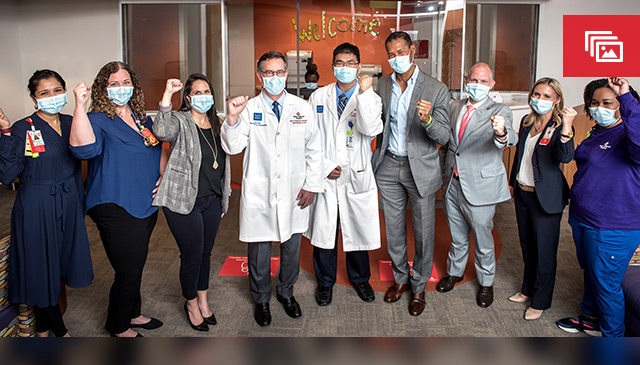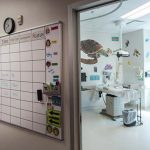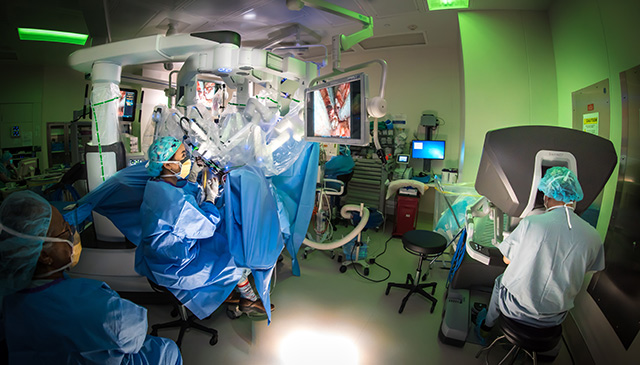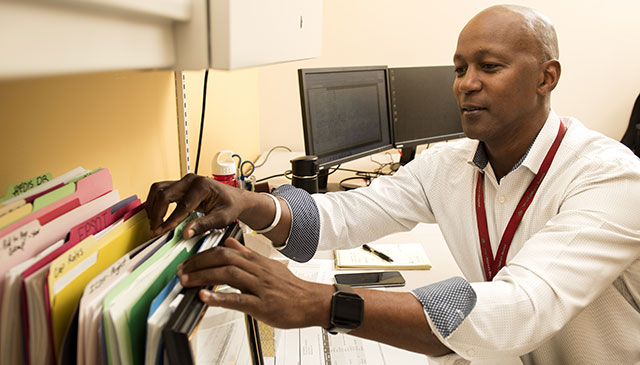Texas Children’s and Baylor College of Medicine announced on December 28, that CORBEVAX, a protein sub-unit COVID-19 Vaccine, whose technology was created and engineered at its Center for Vaccine Development (CVD), has received Emergency Use Authorization (EUA) approval from the Drugs Controller General of India (DCGI) to launch first in India, with other underserved countries to follow.
Commenting on this historic news for Texas Children’s, Mark Wallace said, “I cannot begin to express how monumental this is for Texas Children’s, Dr. Peter Hotez, Dr. Maria Elena Bottazzi and their teams – but even more so, how monumental this is for the entire world. In the U.S., we have had access to the COVID-19 vaccine for a year – but around the globe, many countries are desperately waiting for the tool they need to overcome the pandemic, and the emergence of the Omicron variant emphasizes this dire need.”
Large-scale, fast and low-cost production
Dubbed “The World’s COVID-19 Vaccine,” CORBEVAX uses a traditional recombinant protein-based technology that will enable its production at large scales making it widely accessible to inoculate the global population. Because the vaccine uses a conventional production platform that has been in use for decades, it can be easily and quickly produced in existing manufacturing facilities around the world at a very low cost. The two-dose vaccine also relies on standard refrigeration storage conditions, making delivery of massive quantities of this vaccine to remote, rural populations possible.
More about the vaccine development and testing
The initial construct and production process of the vaccine antigen was developed at Texas Children’s Hospital CVD, led by co-directors Drs. Maria Elena Bottazzi and Peter Hotez and in-licensed from BCM Ventures, Baylor College of Medicine’s integrated commercialization team, to Hyderabad-based vaccine and pharmaceutical company Biological E. Limited (BE). After completing two Phase III clinical trials involving more than 3000 subjects, CORBEVAX was found to be safe, well tolerated and immunogenic.
“This announcement is an important first step in vaccinating the world and halting the pandemic. Our vaccine technology offers a path to address an unfolding humanitarian crisis, namely the vulnerability the low- and middle-income countries face against the delta variant,” said Dr. Peter Hotez, Professor and Dean of the National School of Tropical Medicine at Baylor and Co-Director of the Texas Children’s Hospital Center for Vaccine Development. “Widespread and global vaccination with our Texas Children’s-Baylor-BE vaccine would also forestall the emergence of new variants. We have previously missed that opportunity for the alpha and delta variant. Now is our chance to prevent a new global wave from what might follow.”
Keep an eye on the national news as this exciting announcement is shared with the world.





